The Best Companion Herbs For Chives
The Best Companion Herbs for Chives
Chives are a versatile herb that can be used in a variety of dishes, from salads to soups to sauces. They are also a great addition to any herb garden, as they can help to repel pests and attract beneficial insects.
When choosing companion plants for chives, it is important to consider their needs and requirements. Chives prefer full sun and well-drained soil. They are also relatively low-maintenance, so they can be grown by gardeners of all skill levels.
Some of the best companion plants for chives include:
- Dill: Dill is another member of the Allium family, and it shares many of the same growing requirements as chives. Dill can help to repel aphids, carrot flies, and other pests. It can also improve the flavor of carrots and tomatoes.
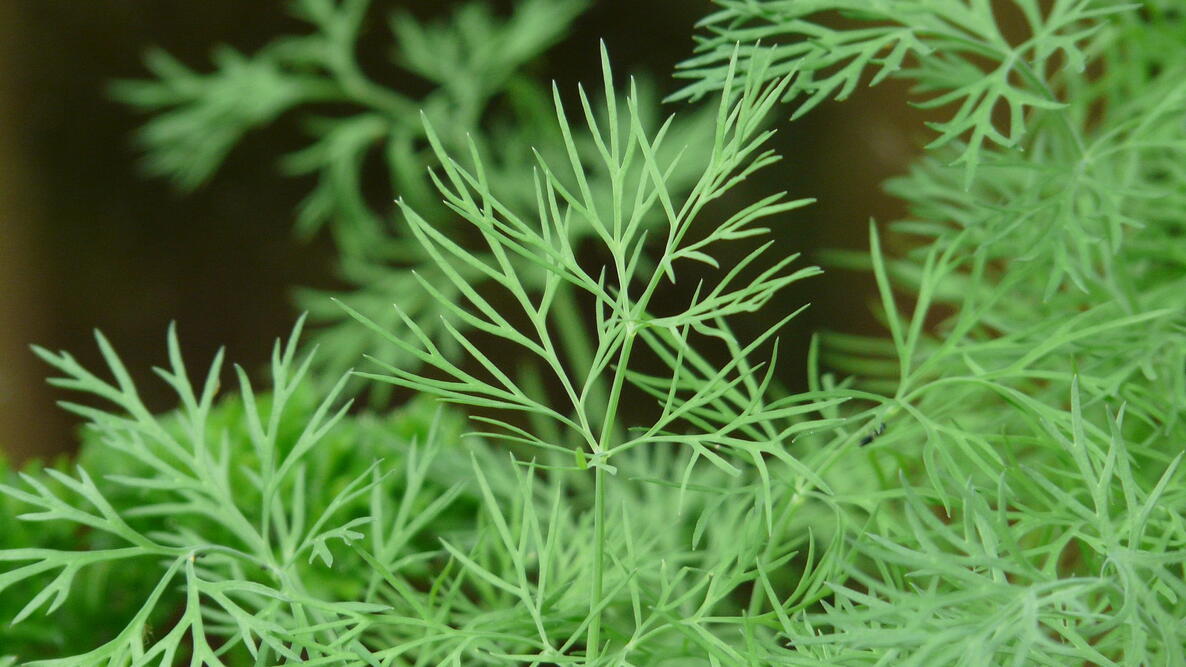
- Parsley: Parsley is a popular herb that is known for its delicate flavor. It is also a good companion plant for chives, as it can help to repel pests and attract beneficial insects. Parsley can also improve the flavor of tomatoes and cucumbers.
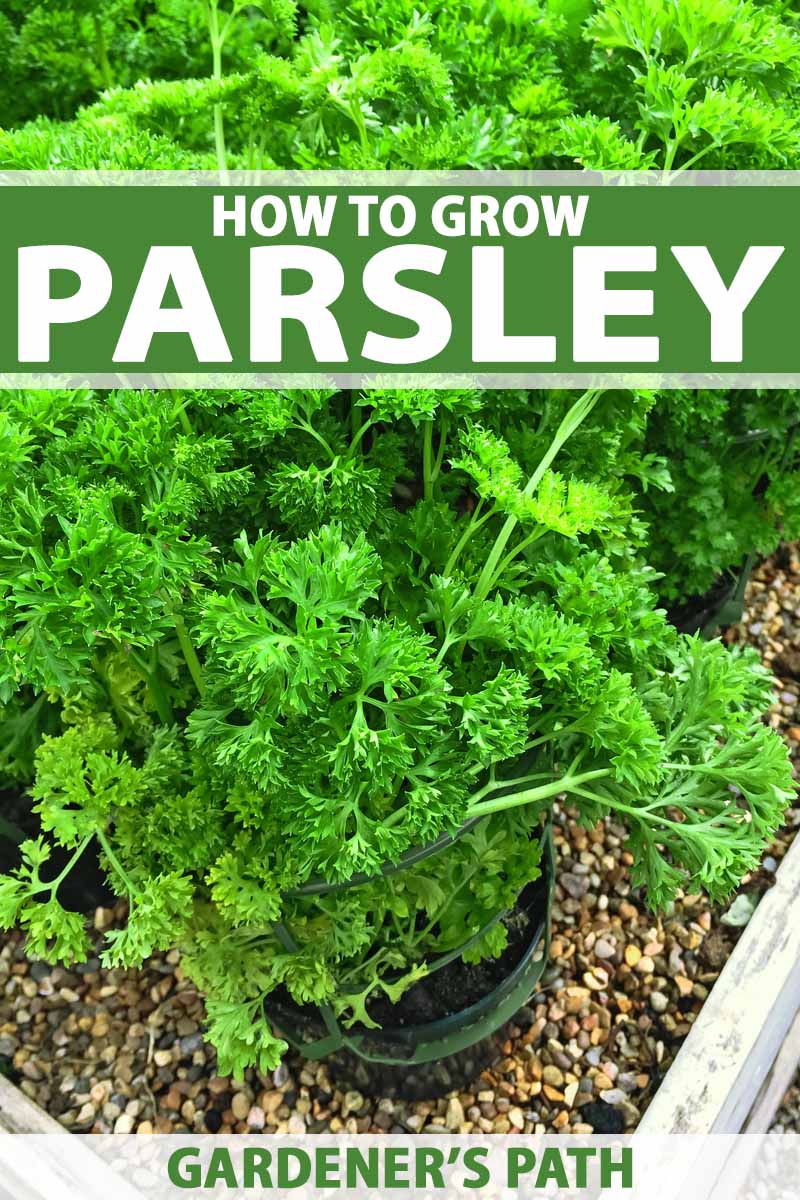
- Marjoram: Marjoram is a Mediterranean herb that has a sweet, savory flavor. It is a good companion plant for chives, as it can help to repel pests and attract beneficial insects. Marjoram can also improve the flavor of tomatoes, beans, and peppers.

- Tarragon: Tarragon is a French herb that has a strong, licorice flavor. It is a good companion plant for chives, as it can help to repel pests and attract beneficial insects. Tarragon can also improve the flavor of tomatoes, asparagus, and beans.
- Basil: Basil is a popular herb that is known for its sweet, peppery flavor. It is a good companion plant for chives, as it can help to repel pests and attract beneficial insects. Basil can also improve the flavor of tomatoes, peppers, and eggplants.
- Cilantro: Cilantro is a leafy herb that has a strong, citrusy flavor. It is a good companion plant for chives, as it can help to repel pests and attract beneficial insects. Cilantro can also improve the flavor of tomatoes, beans, and cucumbers.
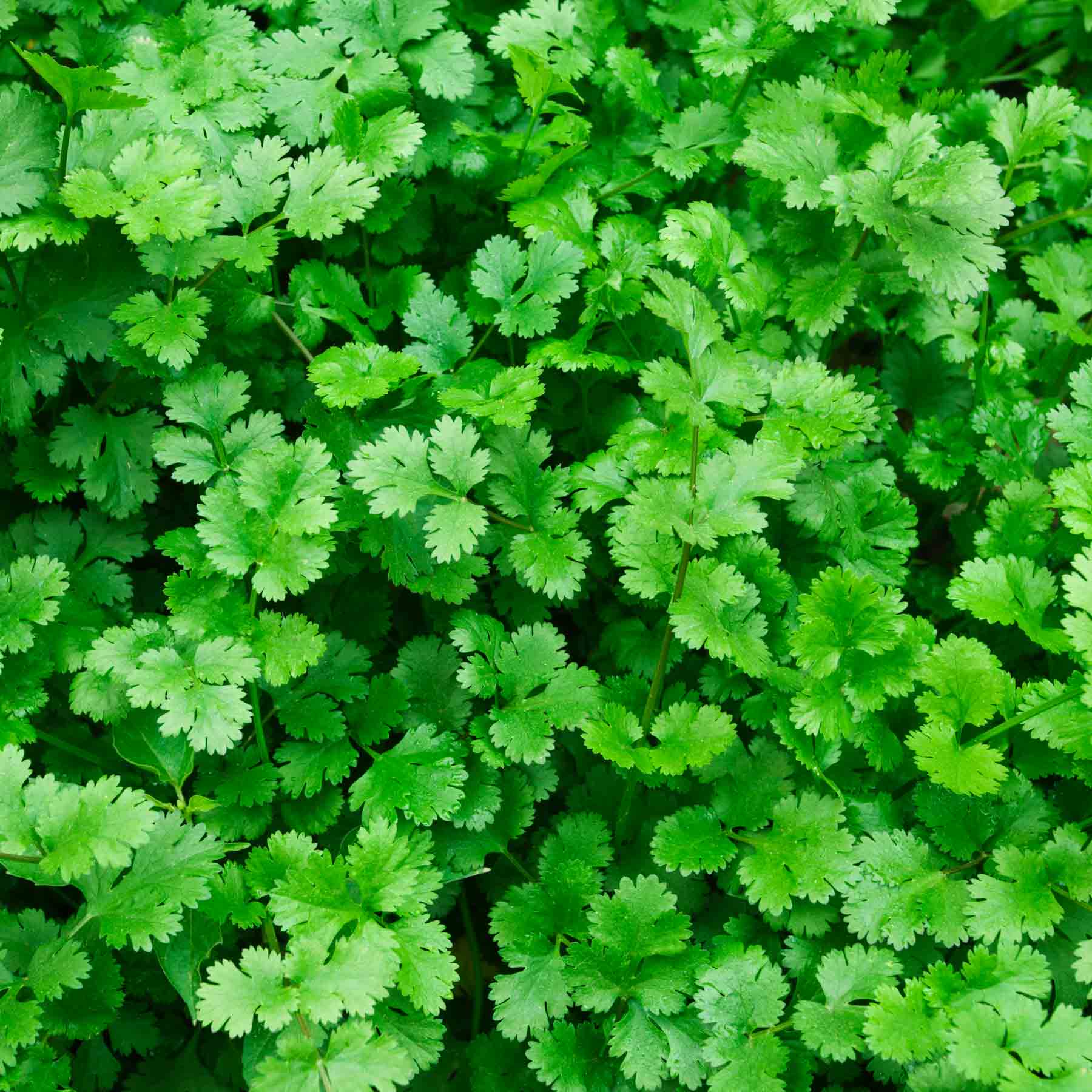
- Rosemary: Rosemary is a Mediterranean herb that has a strong, piney flavor. It is a good companion plant for chives, as it can help to repel pests and attract beneficial insects. Rosemary can also improve the flavor of tomatoes, potatoes, and beans.

- Oregano: Oregano is a Mediterranean herb that has a strong, oregano flavor. It is a good companion plant for chives, as it can help to repel pests and attract beneficial insects. Oregano can also improve the flavor of tomatoes, beans, and peppers.
In addition to these herbs, chives can also be planted near vegetables such as carrots, lettuce, tomatoes, and cucumbers. These vegetables benefit from the presence of chives, as the chives can help to repel pests and improve the flavor of the vegetables.
When planting chives with other herbs or vegetables, it is important to consider the size of the plants. Chives are relatively short plants, so they can be planted near taller plants without being shaded out.
Chives are a versatile and easy-to-grow herb that can be enjoyed in a variety of dishes. By planting them with the right companion plants, you can help to ensure that they thrive and produce a bountiful harvest.
Chives are a versatile herb that can be used in a variety of dishes, from salads to soups to stir-fries. But did you know that they can also be beneficial to other plants in your garden? That's right, chives are considered to be companion plants, which means that they can help to improve the growth and health of other plants.
Some of the best companion plants for chives include:
- Carrots: Chives can help to repel carrot flies, which can damage carrot crops.
- Tomatoes: Chives can help to deter pests such as aphids and tomato hornworms from tomatoes.
- Basil: Chives and basil are both members of the mint family, and they complement each other well in both flavor and appearance.
- Roses: Chives can help to deter pests such as Japanese beetles and black spot from roses.
- Apple trees: Chives can help to prevent apple scab, a fungal disease that can damage apple trees.
If you're looking to improve the health and productivity of your garden, consider adding chives to your planting mix. For more information about chive companion plants, visit Gardenia Inspiration.
FAQ of chives companion herbs
What are chives companion herbs?
Chives companion herbs are plants that benefit each other when grown together. Chives are members of the Allium family, which also includes onions, garlic, and leeks. These plants all have similar needs and can help to deter pests and diseases.
What are some good companion plants for chives?
Some good companion plants for chives include:
- Alliums: As mentioned above, chives can be planted alongside other members of the Allium family. This includes onions, garlic, leeks, and scallions.
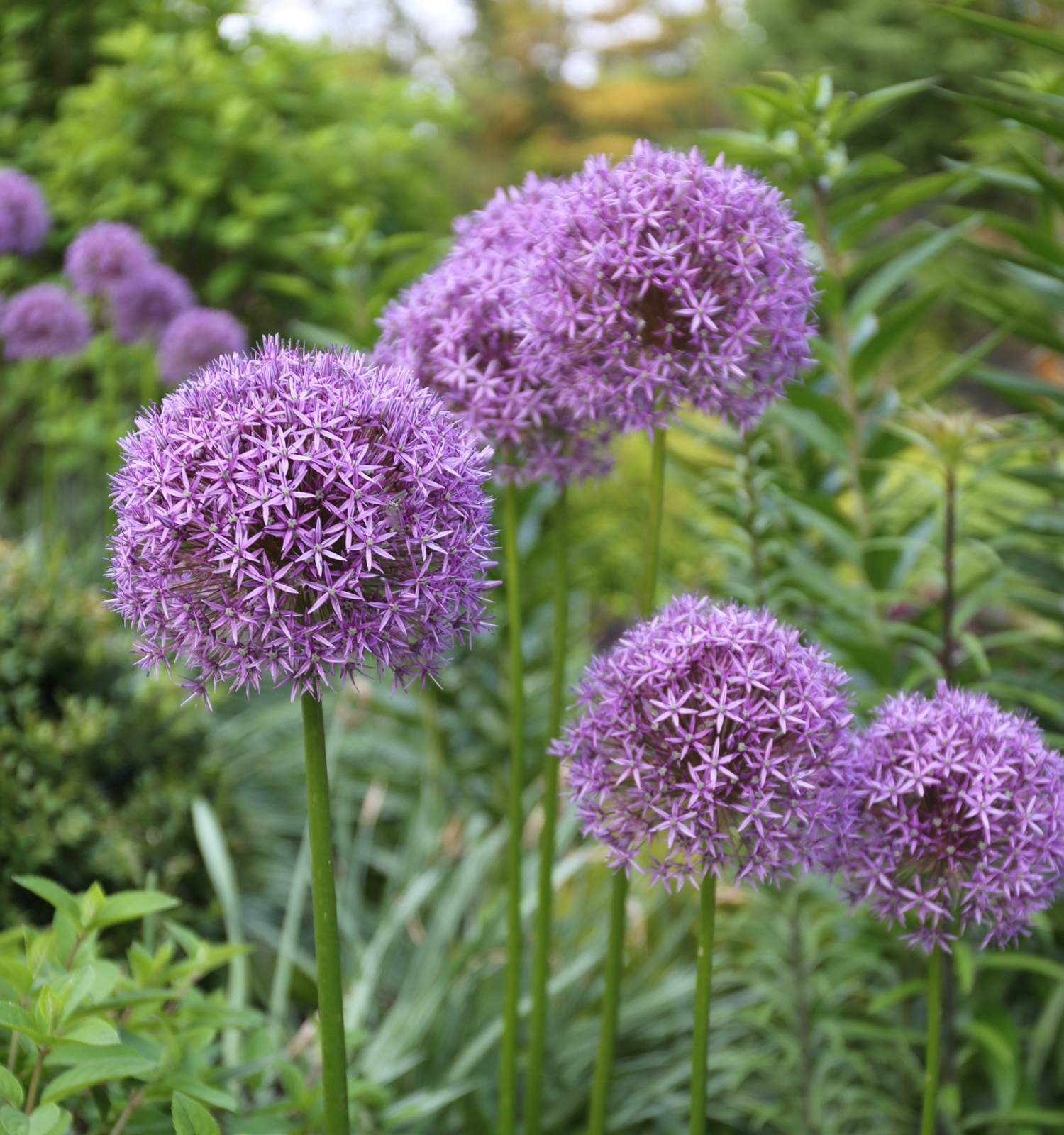
- Beans: Chives can help to improve the nitrogen content of the soil, which is beneficial for beans.
- Carrots: Chives can help to repel the carrot fly, a common pest of carrots.
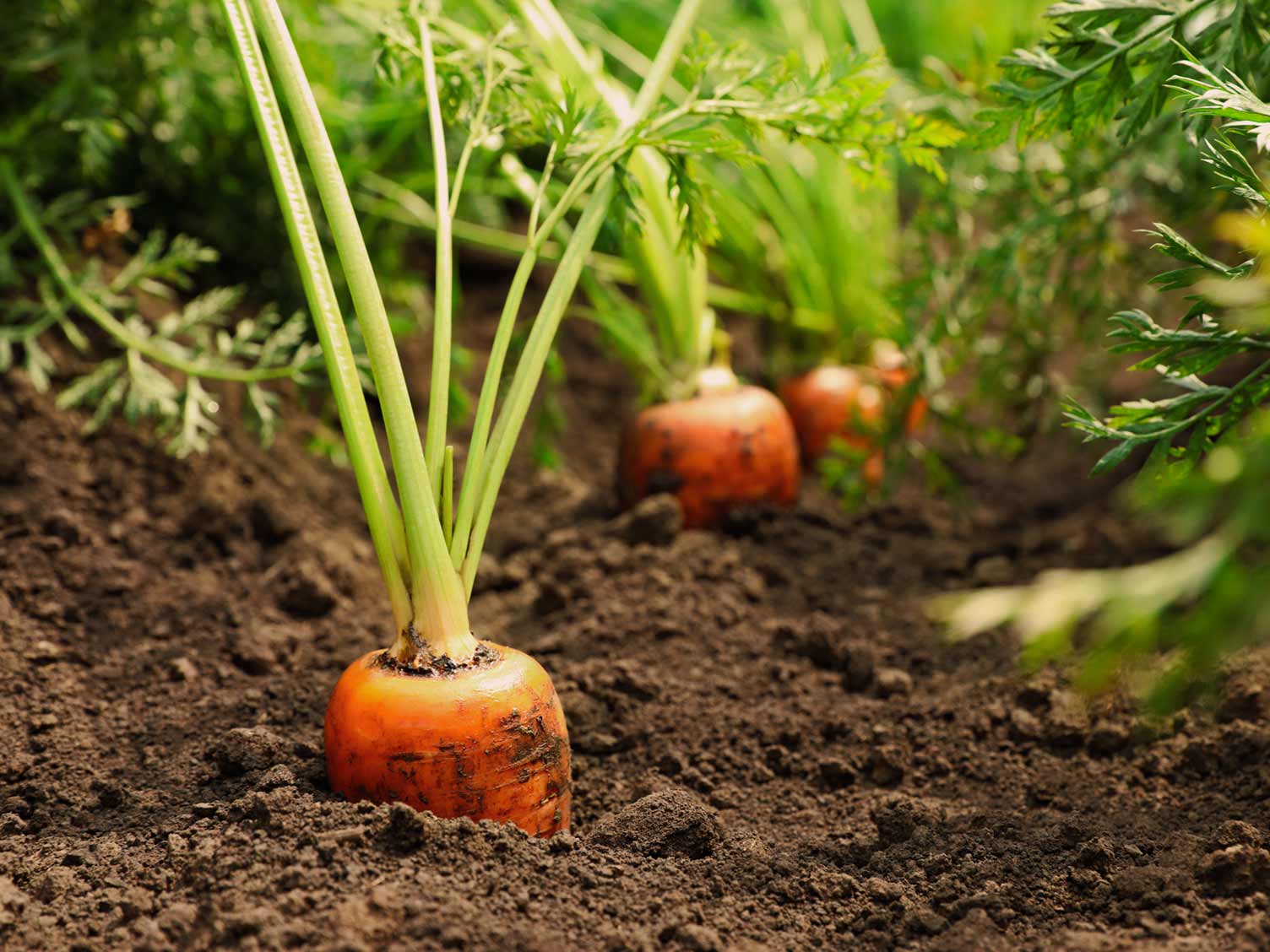
- Cucumbers: Chives can help to repel cucumber beetles, another common pest of cucumbers.
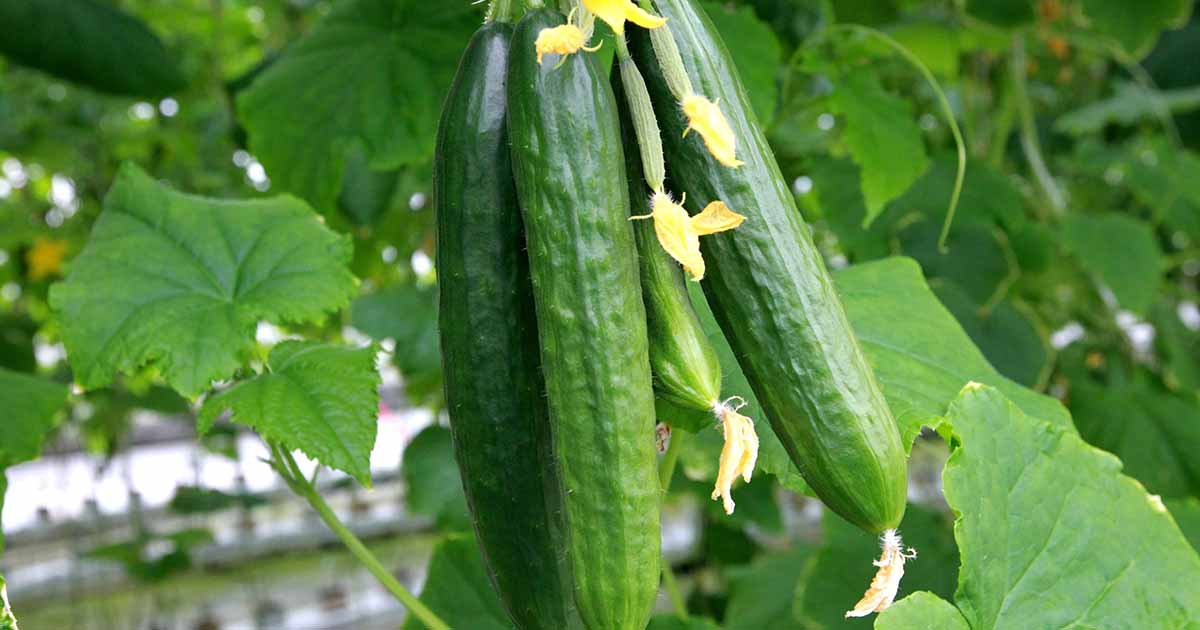
- Herbs: Chives can be planted alongside other herbs, such as basil, mint, and oregano. These herbs can help to attract beneficial insects and deter pests.
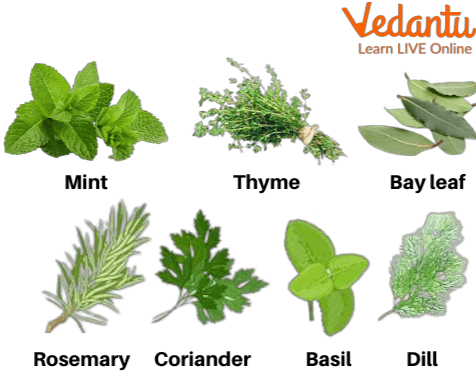
What are some bad companion plants for chives?
Some bad companion plants for chives include:
- Tomatoes: Chives can inhibit the growth of tomatoes.
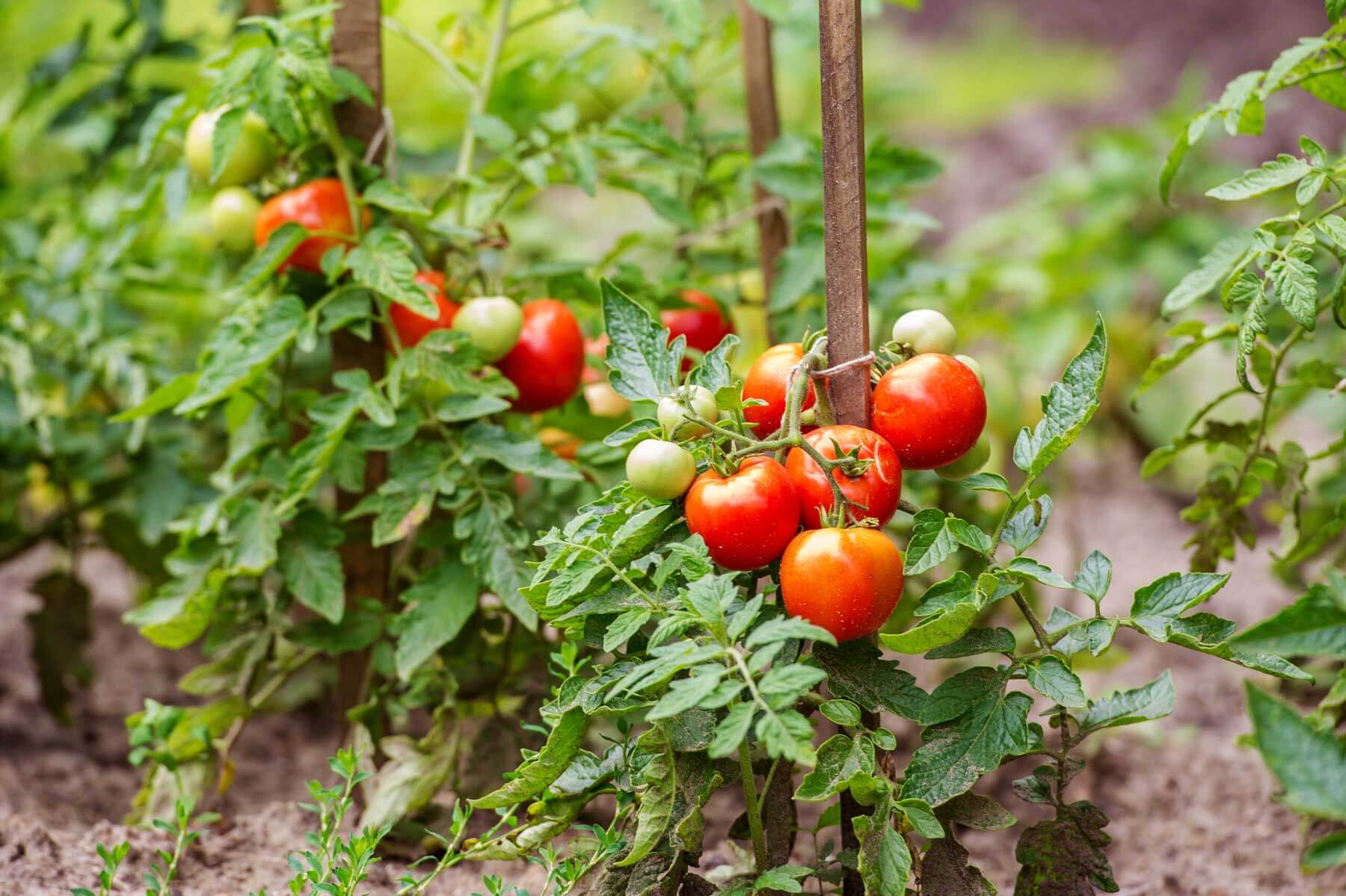
- Squash: Chives can attract the squash bug, a common pest of squash.
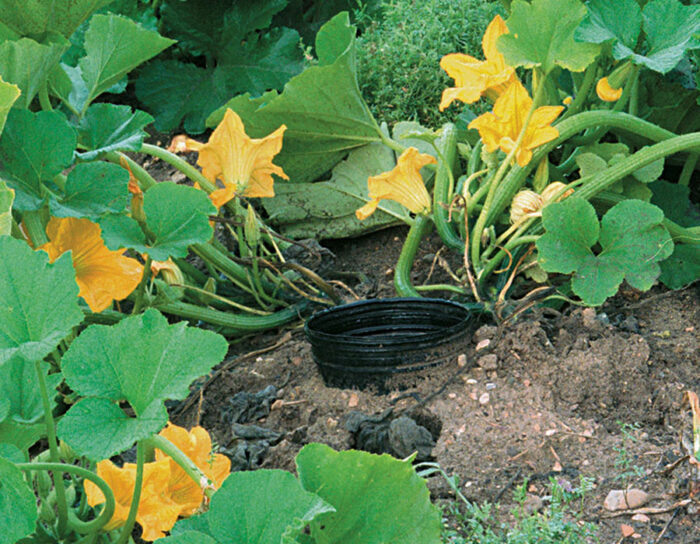
- Spinach: Chives can stunt the growth of spinach.
- Melons: Chives can attract the melon fly, a common pest of melons.
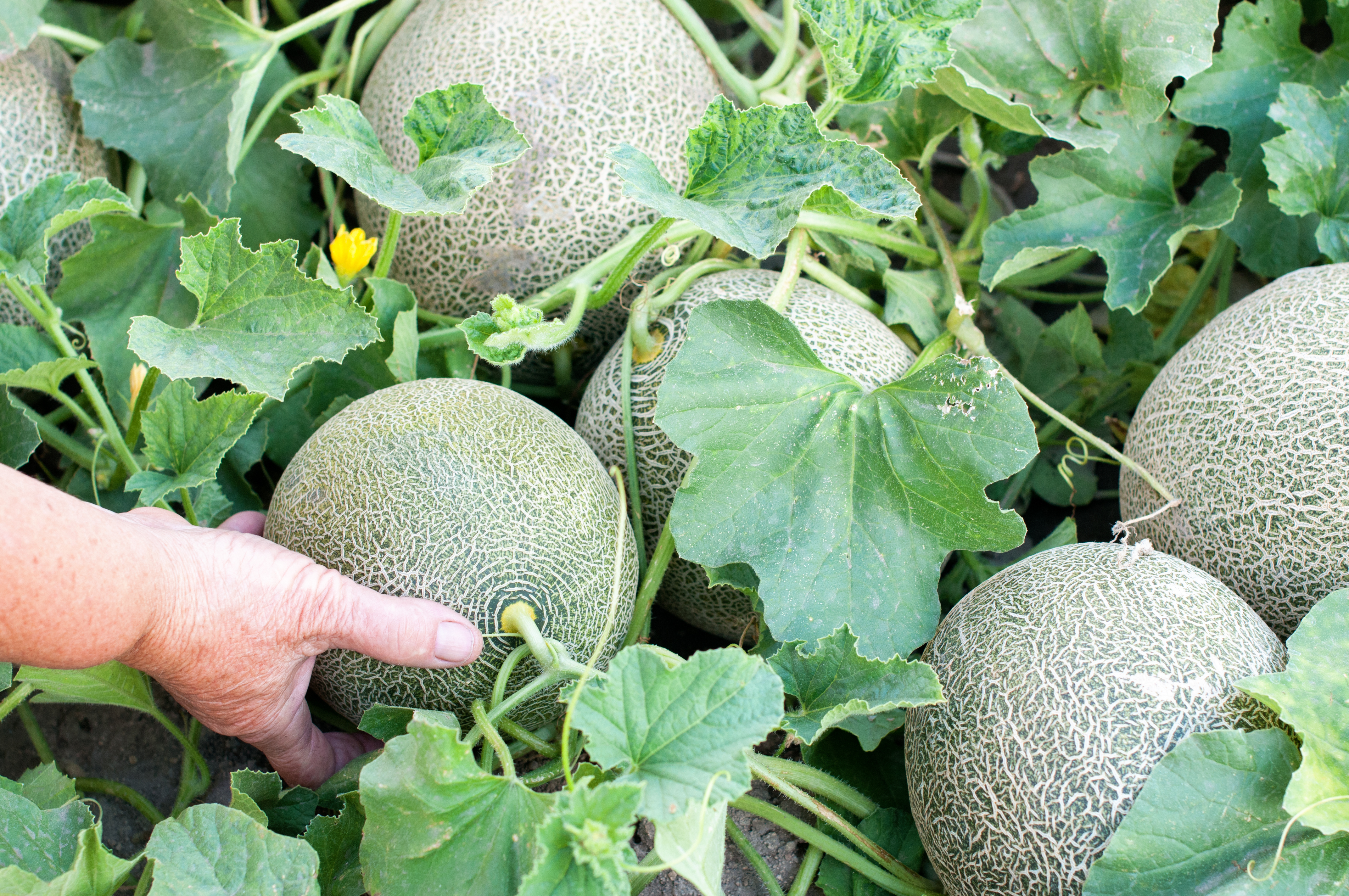
- Potatoes: Chives can attract the potato beetle, a common pest of potatoes.

How do chives benefit other plants?
Chives can benefit other plants in a number of ways, including:
- Attracting beneficial insects: Chives can attract beneficial insects, such as ladybugs and hoverflies, which help to control pests.
- Reducing the risk of disease: Chives can help to reduce the risk of disease by releasing compounds that inhibit the growth of harmful bacteria and fungi.
- Improving the soil: Chives can help to improve the soil by adding nitrogen and other nutrients.
- Deterrenting pests: Chives can deter pests, such as carrot flies and cabbage moths.
How to plant chives with companion plants?
When planting chives with companion plants, it is important to consider the needs of both plants. For example, if you are planting chives with beans, you will need to make sure that the beans have enough space to grow. You may also need to plant the chives in a different location if they are known to attract pests that are also attracted to beans.
In general, it is a good idea to plant chives with companion plants that have similar needs and that can benefit each other. By doing so, you can create a healthy and productive garden.
Image of chives companion herbs
Here are 5 different images of chives companion herbs from Pinterest:
- Chives and Tomatoes: Chives help to repel tomato hornworms, a common pest of tomatoes. They also help to improve the flavor of tomatoes.
- Chives and Carrots: Chives help to repel carrot rust fly, a common pest of carrots. They also help to improve the flavor of carrots.
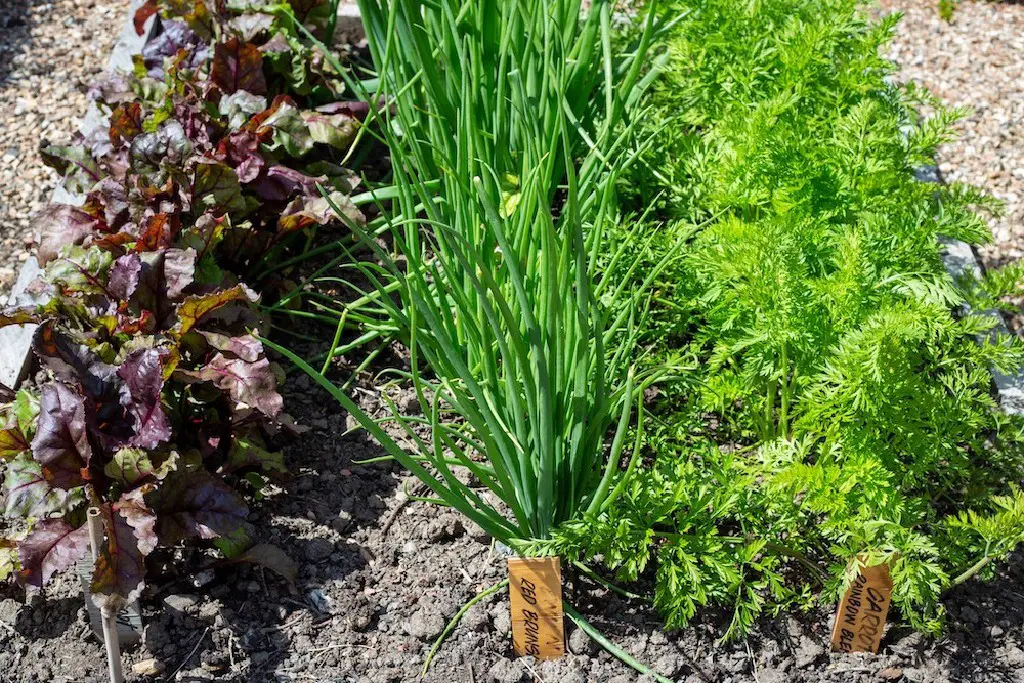
- Chives and Roses: Chives help to repel aphids, a common pest of roses. They also help to improve the health of roses by attracting beneficial insects.

- Chives and Strawberries: Chives help to repel slugs and snails, which can damage strawberries. They also help to improve the flavor of strawberries.

- Chives and Garlic: Chives and garlic are both members of the Allium family, so they have similar growing requirements. They also repel many of the same pests.

Post a Comment for "The Best Companion Herbs For Chives"